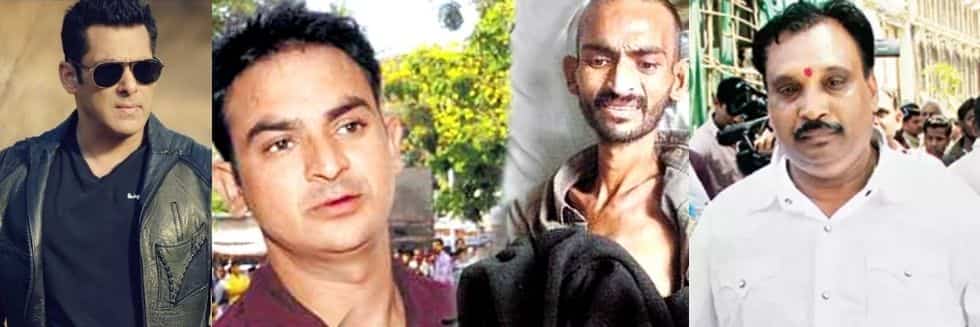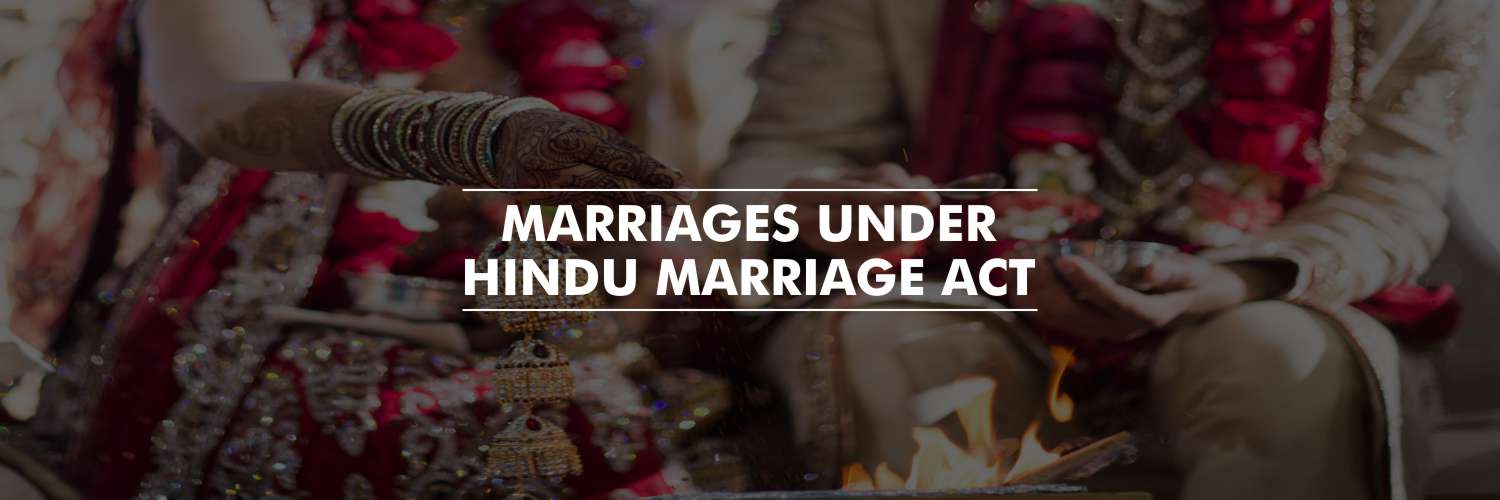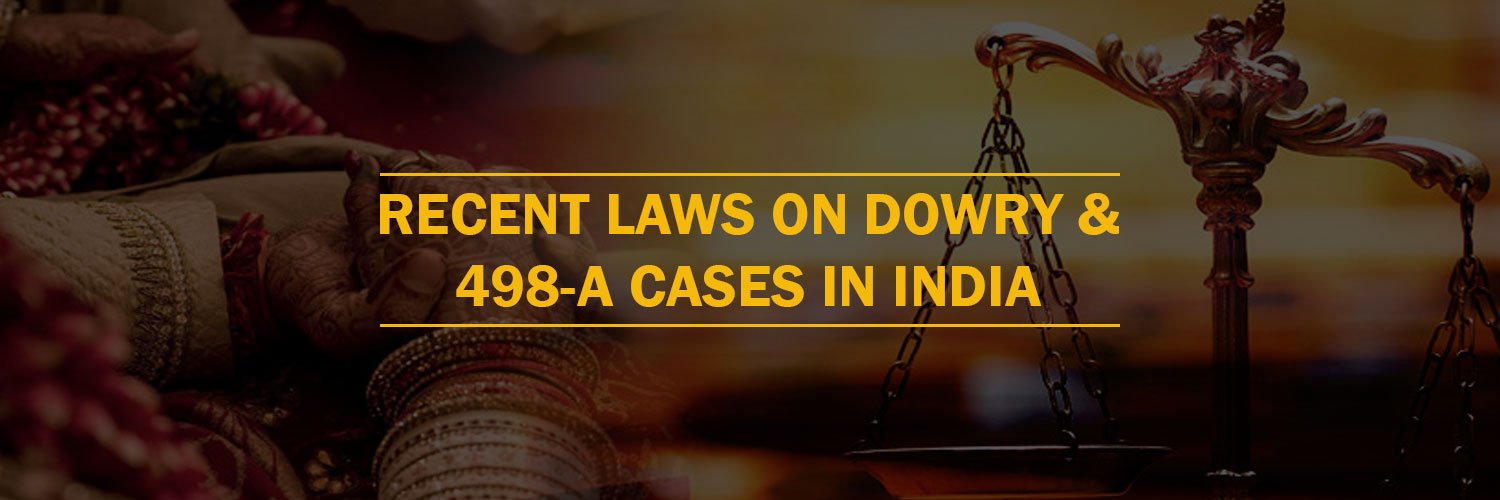Most probably every person knows about maintenance rights of a wife in a valid marriage but how many of you know about the maintenance rights of a wife in an annulled marriage. Can a wife of void marriage claim maintenance? Before knowing the rights of women in an annulled marriage, let’s try to understand the meaning of annulment of marriage.
What Is Annulment of Marriage?
If there are any impediments, the parties cannot marry. If someone marries and there are any impediments in the marriage procedure, the marriage is void. In absolute impediments, if a truth comes to light that disqualifies a person from a legitimate marriage, and the marriage is void from the start, i.e. an invalid marriage from the start.
An impediment that bans marriage with a specific person exists in relative impediments, and the marriage is voidable, i.e. one party can get the marriage annulled.
These impediments gave rise to the marital classifications, which are as follows:
i. Marriages that are valid
ii. Marriages that are void
iii. Marriages that are voidable
What Does Nullity Mean In Marriage?
Marriage nullity is a judicial declaration that marriage did not exist. It means that the parties did not have a valid marriage performed. Nullity of marriage can be declared under Section 11 of the Hindu Marriage Act if any of the conditions in Section 5 of the Hindu Marriage Act are violated. However, annulment under Section 12 of the Hindu Marriage Act can be granted only on one of the grounds specified in Section 12.
Requisites For A Valid Marriage Under Hindu Marriage Act
Section 5 of the Hindu Marriage Act, 1955, states that a valid marriage shall have the following requisites:
i. neither party has a spouse living at the time of the marriage;
ii. at the time of the marriage, neither party:
a. is incapable of giving a valid consent to it in consequence of unsoundness of mind; or
b. though capable of giving a valid consent, has been suffering from mental disorder of such a kind or to such an extent as to be unfit for marriage and the procreation of children
c. has been subject to recurrent attacks of insanity
iii. the bridegroom has completed the age of twenty-one years and the bride, the age of eighteen years at the time of the marriage;
iv. the parties are not within the degrees of prohibited relationship unless the custom or usage governing each of them permits of a marriage between the two;
v. the parties are not sapindas of each other, unless the custom or usage governing each of them permits a marriage between the two.
In the absence of the above-mentioned prerequisites, a marriage is void ab-initio.
Grounds For Marriage Annulment Under Hindu Marriage Act
Section 12 of the HMA, 1955, states that a marriage can be declared void and may be annulled by a decree of nullity on any of the following grounds:
a. that the marriage has not been consummated owing to the impotence of the respondent; or
b. that the marriage is in contravention of the condition specified in clause (ii) of Section 5; or
c. that the consent of the petitioner, or where the consent of the guardian in marriage of the petitioner [was required under Section 5 as it stood immediately before the commencement of the Child Marriage Restraint (Amendment) Act, 1978, the consent of such guardian was obtained by force or by fraud as to the nature of the ceremony or as to any material fact or circumstance concerning the respondent; or
d. that the respondent was at the time of the marriage pregnant by some person other than the petitioner.
A voidable marriage is one that can be dissolved by either partner. Unless and until a petition to annul the marriage is filed, it will be a valid marriage. According to the Hindu Marriage Act, 1955, a marriage must be declared null and void by a competent court.
IMPOTENCY:
It is a ground for annulment if either spouse was physically incapable of entering the marriage at the time of the marriage, usually due to a lack of ability to have sexual intercourse, and if this inability appears incurable or if the spouse refuses to take any action to cure the inability. The inability must persist and exist at the time of the case. In the case of Laxmi Devi v. Babulal, AIR 1973 Raj 89, the Hon’ble Rajasthan High Court held that the wife had no vagina at all, but an artificial vagina was formed through surgical treatment, so the husband was awarded a nullity decree.
LACK OF MENTAL CAPACITY:
If the court determines that either spouse lacked the ability to understand the nature of the marriage contract or the duties and responsibilities of the marriage contract, an annulment may be granted. This ground, however, does not apply if the spouse who did not understand the contract gains the ability to understand it and freely lives with the other spouse. In Pronab v. Krishna, it was determined that schizophrenia, a type of mental illness, is grounds for declaring the marriage null and void.
AGE OF CONSENT:
Marriages between minors may be annulled. The legal age for males is 21 years old, and the legal age for females is 18 years old. If the cohabitation of the parties as husband and wife continues voluntarily after the person reached the age of consent, a marriage by an underage party may become legally binding and incapable of annulment. In the case of Vinita Saxena v. Pankaj Pandit, the court held that where the parties are young and the mental disorder is such that sexual acts and child procreation are impossible, it may provide a good ground for nullifying the marriage.
FRAUD OR FORCE:
An annulment may be granted if the consent to the marriage contract was obtained through fraud or coercion. It is possible that this ground will not apply if the person who has been threatened or deceived about the marriage contract continues to live with the spouse after the discovery of the fraud or deception or after being forced into the marriage. The court held in Anurag Anand v. Sunita Anand that false particulars in bio data on which the marriage was solemnized amounted to fraud, and the aggrieved party may annul the marriage.
Necessary Conditions for Filing for Annulment of Marriage:
i. A petition can be brought before the court on the plea of fraud or application of force on marriage within one year after the discovery of such fraud or use of force.
ii. The accusation upon which the petition is founded was unknown to the petitioner at the time of the marriage’s solemnization.
iii. The petition on such an accusation must be filed in court within one year of becoming aware of the facts.
iv. After learning about the purported facts, no sexual contact is formed.
Landmark Judgments And Laws Pertaining to Maintenance in Void and Voidable Marriages
The Hon’ble Supreme Court in Dwarika Prasad Satpathy vs. Bidyut Prava Dixit & Anr, stated that the validity of the marriage is to be determined for the purposes of a summary proceeding under Section 125 Cr.P.C. based on the evidence brought on record by the parties. The standard of proof of marriage in such proceedings is not as stringent as it is in an offence trial under Section 494 of the IPC. If the claimant successfully demonstrates that she and the respondent have lived together as husband and wife, the court may presume that they are legally wedded spouses, and in such a case, the party who denies the marital status may rebut the presumption. Once the marriage procedure has been admitted, it is not necessary to further investigate whether the procedure was completed in accordance with Hindu rites in the proceedings under S.125, Cr.P.C.
In proceedings under S.125, Cr.P.C., which are of a summary nature, strict proof of performance of essential rites is not required if the Magistrate is, prima facie, satisfied with regard to the performance of marriage. An order issued in an application under Section 125 Cr.P.C. does not finally determine the parties’ rights and obligations, and the said Section was enacted to provide a summary remedy for providing maintenance to a wife, children, and parents.
According to the Supreme Court’s decision in Rajnesh v. Neha, (2021) 2 SCC 324, a wife can seek maintenance under different statutes, and there was no bar to seeking maintenance under both the Protection of Women Against Domestic Violence Act, 2005 and Section 125 of the CrPC or the Hindu Marriage Act.
The Hon’ble Supreme Court in Chanmuniya vs. Virendra Kumar Singh Kushwaha & Anr. held that the term “wife” in Section 125 of the Cr.P.C. is to be interpreted liberally. The Court further stated that to fulfill the true spirit and essence of the beneficial provision of maintenance under Section 125, the term “wife” should be given a broad and expansive interpretation to include even cases where a man and woman have been living together as husband and wife for a reasonably long period of time, and strict proof of marriage should not be a pre-condition for maintenance under Section 125 of the Cr.P.C.
In Capt. Ramesh Chander Kaushal vs. Veena Kaushal, the Hon’ble Supreme Court of India stated that the brooding presence of constitutional empathy for the weaker sections such as women and children must inform interpretation if it is to have social relevance. As seen in this light, it is possible to be selective in selecting the interpretation of the two alternatives that advances the cause – the cause of the derelicts.
The Hon’ble Supreme Court in Badshah vs Sou. Urmila Badshah Godse & Anr, Criminal Miscellaneous Petition No.19530/2013, stated that the provisions of Section 125, Cr.P.C. must be given a purposeful interpretation. The Court is dealing with the marginalised sections of society while dealing with the application of a destitute wife or hapless children or parents under this provision. The goal is to achieve “social justice,” which is the Constitutional vision enshrined in the Indian Constitution’s Preamble.
The Preamble to the Indian Constitution clearly indicates that we have chosen the democratic path of rule of law to achieve the goal of securing justice, liberty, equality, and fraternity for all its citizens. It focuses specifically on achieving social justice. As a result, it becomes the Courts’ bounden duty to advance the cause of social justice. The Court’s role in interpreting a specific provision is to bridge the gap between the law and society. The Court held that nullity or annulment of marriage does not preclude the lady from claiming maintenance under Section 125 of the Cr.P.C.
In the event that the marriage is annulled or declared null and void due to the husband’s misbehaviour or wrongdoing, he must pay maintenance under Section 125 of the Cr.P.C. despite the declaration of nullity or annulment of marriage.
The spirit and purpose of the Supreme Court decision cited in Badshah’s case is that what matters is not nullity or annulment, but the circumstances and grounds upon which the marriage was annulled or declared null and void.
The Hon’ble Punjab and Haryana High Court in the case of Sukhbir Kaur vs Sukhdev Singh, FAO-M No. 35 of 2016 (O&M), held that the wife, irrespective of the fact that the decree was issued under Section 11 of the Act, would be entitled to permanent alimony under Section 25 of the Act.
The Hon’ble Supreme Court in T K Surendran vs P Najima Bindu, Special Leave to Appeal (C) No(s). 35526/2016, held that a wife whose marriage stands annulled under Section 12 of the Hindu Marriage Act, is entitled to claim maintenance under Section 125 of Cr.P.C.
Is The Second Wife Entitled To Get Maintenance As Per The Hindu Law?
According to Section 11 of the Hindu Marriage Act, 1955, a marriage between two Hindus is null and void if it violates any of the requirements mentioned in Section 5 clauses I (iv), and (v).
The defendant in Bai Jivatbai Jethmal vs Milkiram Deepchand And Anr had a spouse living at the time of the second marriage. In this instance, the court ruled that the second marriage is null and void under Section 11 of the Hindu Marriage Act of 1955 since the first marriage was not dissolved at the time of the second marriage.
In the case of Narinder Pal Kaur Chawla v. Manjeet Singh Chawla, the husband failed to reveal that he was previously married and wedded the petitioner in accordance with the rites prescribed by the Hindu Marriage Act, 1955. The Hon’ble Delhi High Court ruled in this case that the second wife, whose marriage is null and void, has a right to maintenance under Section 18 of the Hindu Adoptions and Maintenance Act of 1956 because she was unaware that the defendant was already married and if maintenance is not provided, the defendant will be encouraged to defraud the second wife.
In Rameshchandra Daga v. Rameshwari Daga, the court stated that while it is agreed that the second marriage is void under the Hindu Marriage Act of 1955, and such marriages are illegal under the Act’s provisions, they are not ‘immoral,’ and thus a financially dependent woman cannot be denied maintenance on this basis.
Therefore, it is generally recognised that, under Section 125 of the CRPC, the second wife is equally entitled to claim maintenance if she is unable to support herself.







